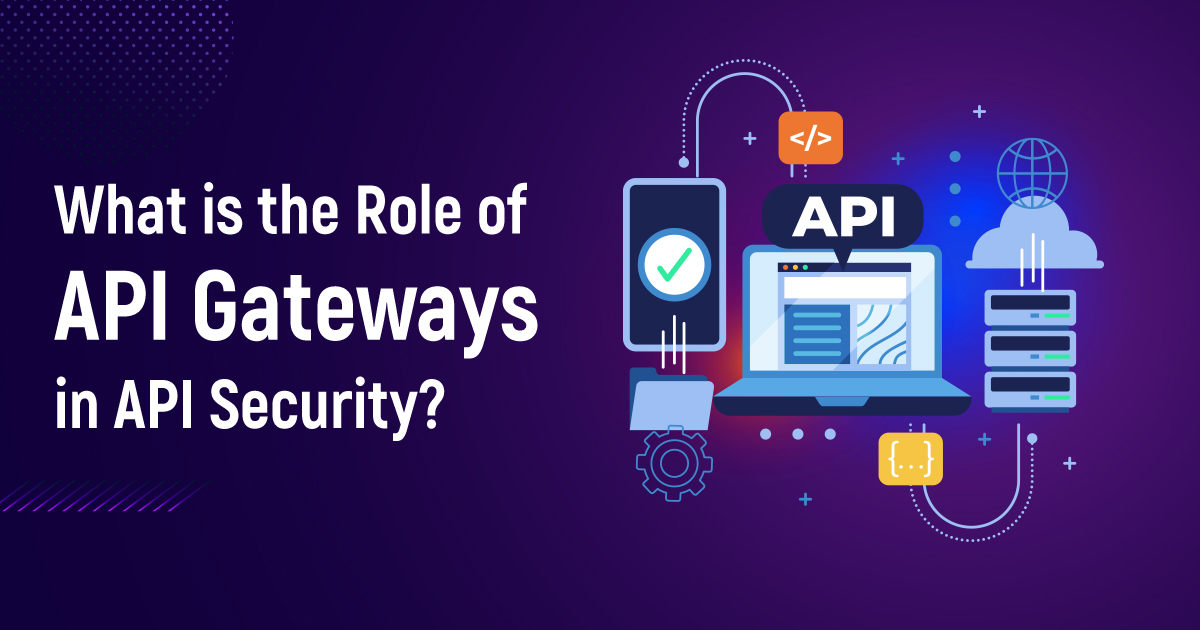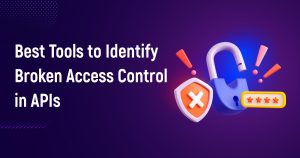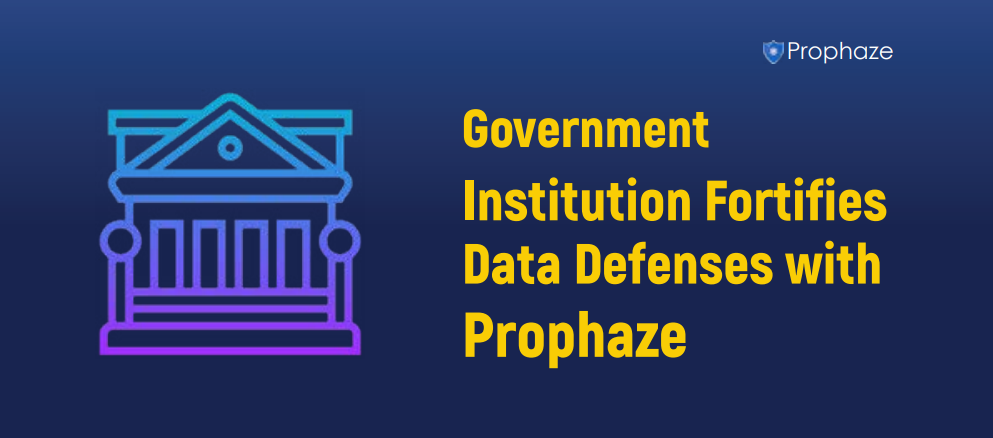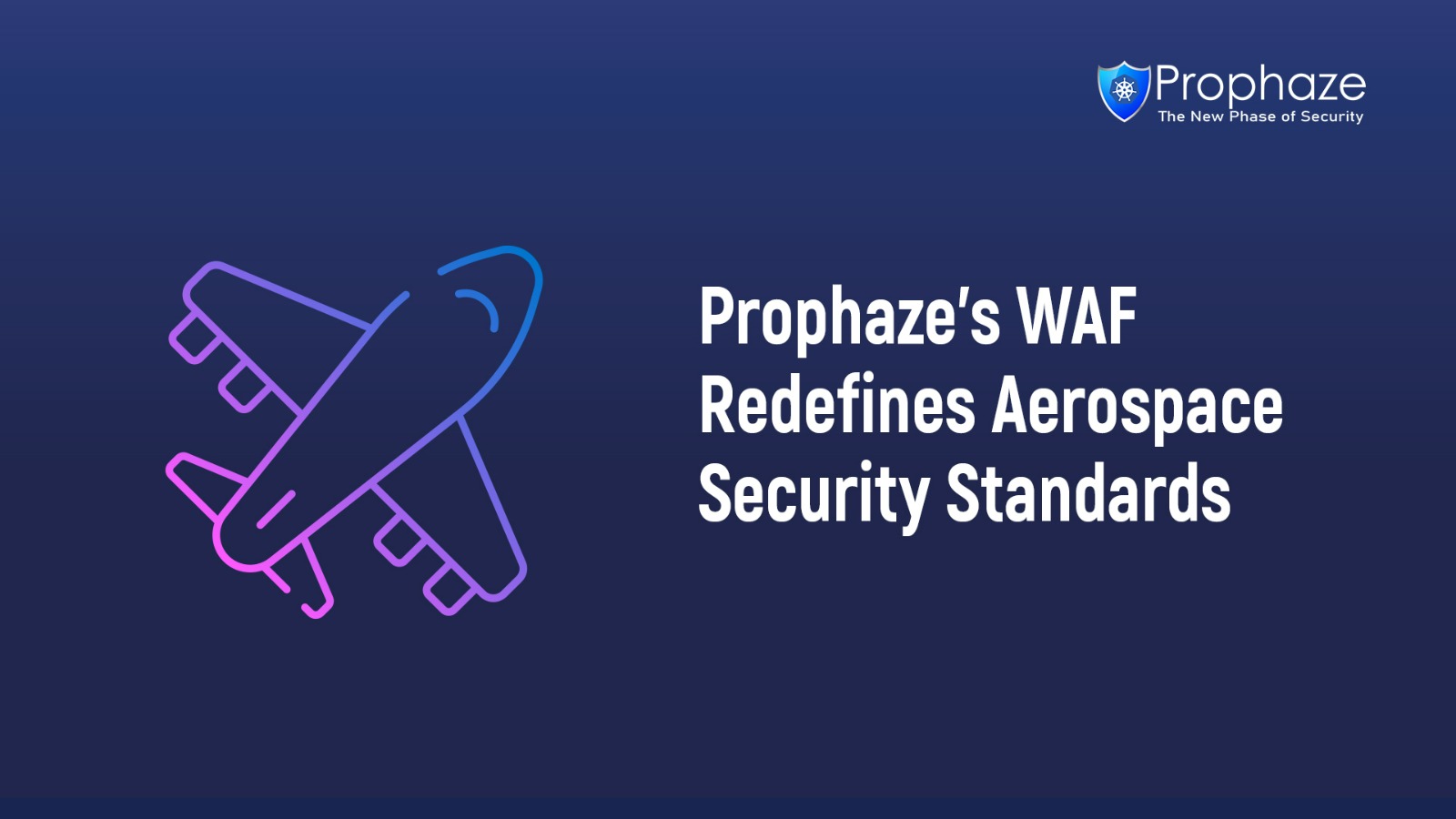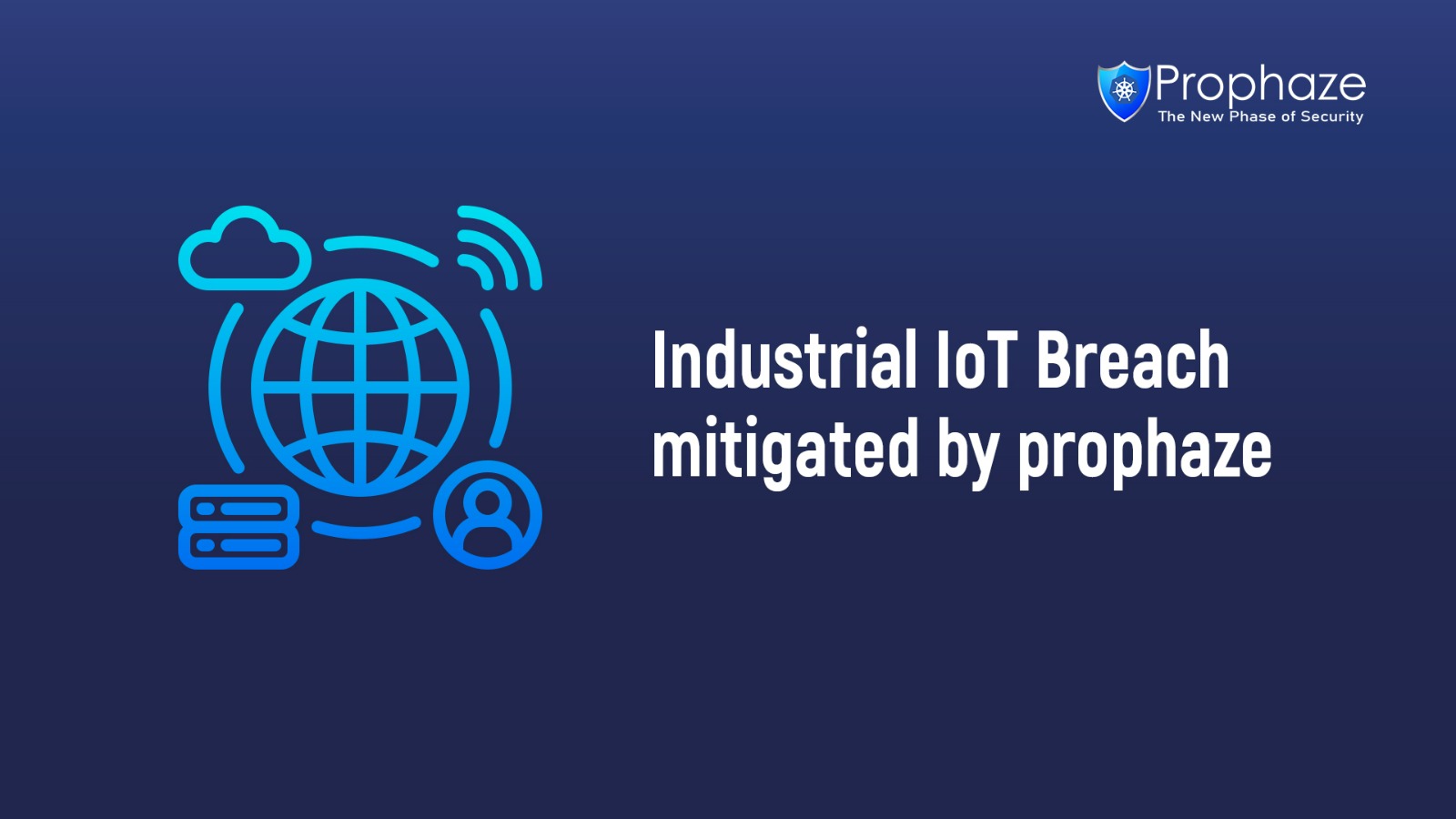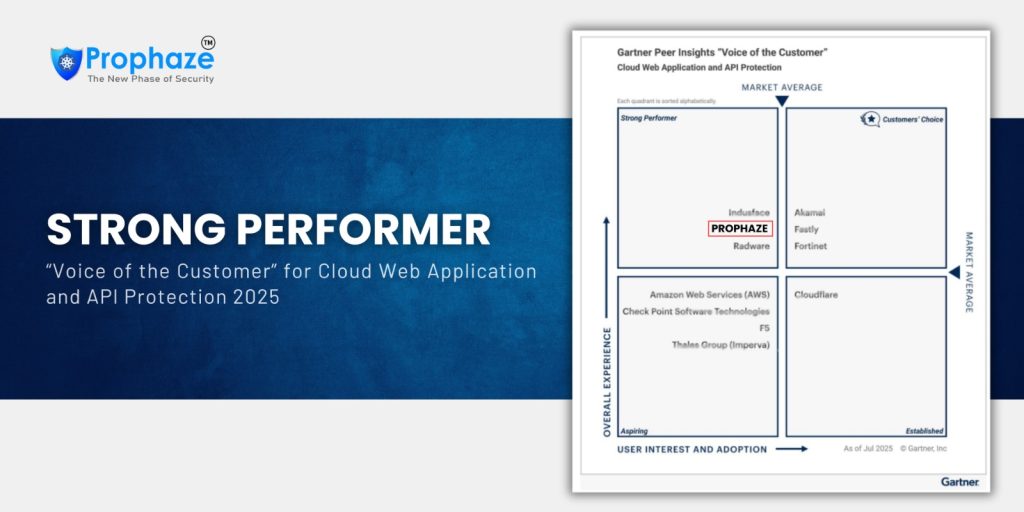API gateways play a key role in today’s digital security, acting as an essential safety net to protect APIs from threats and vulnerabilities. In today’s interconnected world where APIs facilitate communication between software systems, an API gateway ensures strong security by managing traffic, enforcing policies, and protecting if necessary provided from the possibility of attack.
This blog explores the important functionality and benefits of API gateways, providing insights into how they enhance API security, and best practices for successful implementation.
What are API Gateways and API Security?
The API gateway acts as an important security layer between clients and your backend services. Handles customer requests, refers them to appropriate services, and handles claims. By centralizing API management, API gateways play a key role in enhancing API security.
Functions of API Gateways in Enhancing API Security
API gateways provide a variety of functions that enhance API security. Here’s how to support a secure API environment:
Authentication and Authorization
API gateways streamline authentication and licensing processes, ensuring that only legitimate users can access your API.
-
OAuth 2.0 Integration: API gateways typically support OAuth 2.0 for secure token-based authentication.
-
JWT (JSON Web Tokens): User identity and authorization authentication, use JWT for unconditional authentication.
Rate Limiting and Throttling
To prevent abuse and ensure proper implementation, API gateways enforce rate limiting and throttling.
-
Rate Limiting: Control how many API requests a user can make in a given time period.
-
Throttling: Temporarily limit access when users exceed defined thresholds to prevent overload.
Request and Response Transformation
API gateways can exchange requests and responses to improve API security and compatibility.
-
Request Transformation: Modify incoming requests to meet background processing requirements.
-
Response Transformation: Modify answers to increase security and privacy, such as removing sensitive information.
IP Whitelisting and Blacklisting
API gateways provide mechanisms for managing IP addresses, adding additional API protection.
-
IP Whitelisting: Allow requests from trusted IP addresses only.
-
IP Blacklisting: Block requests from known malicious IPs.
Benefits of Using API Gateways for API Security
Using an API table provides several advantages in maintaining API security:
Centralized Security Management
API gateways centralize security controls, making it easy to manage authentication, authorization, and other security policies across multiple APIs.
Enhanced Monitoring and Analytics
The API gateway provides extensive viewing and analysis, and allows you to track API usage and identify anomalies.
-
Logging: Provide extensive logging of API requests and responses.
-
Analytics: Use analytics tools to gain insights into API performance and security threats.
Improved Compliance and Governance
Using API gateways allows you to enforce security measures that help ensure compliance with regulatory standards.
-
Data Privacy: Ensure sensitive data is handled in accordance with privacy laws.
-
Audit Trails: Create records of access and changes for audit purposes.
Best Practices for Implementing API Gateways in API Security

To maximize the benefits of an API gateway, follow these best practices:
Configure Strong Authentication Mechanisms
Make sure your API gateway is configured to enforce a strong authentication protocol, such as OAuth 2.0 or JWT, to secure your APIs.
Implement Granular Access Controls
Establish detailed access controls to control who can access specific APIs and features. Use roles and permissions to limit access based on user needs.
Regularly Update and Patch Your Gateway
Update your API gateway software with the latest security patches and updates to protect against vulnerabilities.
Monitor and Respond to Security Incidents
Leverage your API gateway’s monitoring capabilities to quickly detect and respond to security incidents. Set alerts for unusual activity and potential threats.
Optimize Rate Limiting and Throttling Rules
Adjust rate limiting and throttling rules to balance safety and performance. Ensure that the limit is set based on your API usage pattern and traffic volume.
Common Challenges and Solutions with API Gateways
While API gateways enhance API security, they come with specific challenges:
Performance Overhead:
API gateways can introduce latency, which affects overall API performance. Configure gateways properly and use caching techniques to ensure API performance without compromising speed.
Management Complexity:
Managing multiple APIs through a single gateway can be cumbersome. Use gateway management tools and dashboards to simplify API management and simplify API management.
Compatibility Issues:
It is important to ensure compatibility between API gateways and backend services. A robust testing and validation process was implemented to ensure a secure, simple API environment and maintain API integration.
Leveraging API Gateways for Comprehensive API Protection
API gateways play a pivotal role in API security by providing centralized management for authentication, authorization, rate limiting, and more. By leveraging an API gateway effectively, you can enhance the security of your APIs, improve compliance, and ensure robust protection against various threats. Adopting best practices and addressing common challenges will help you maximize the benefits of your API gateway and safeguard your digital assets.

